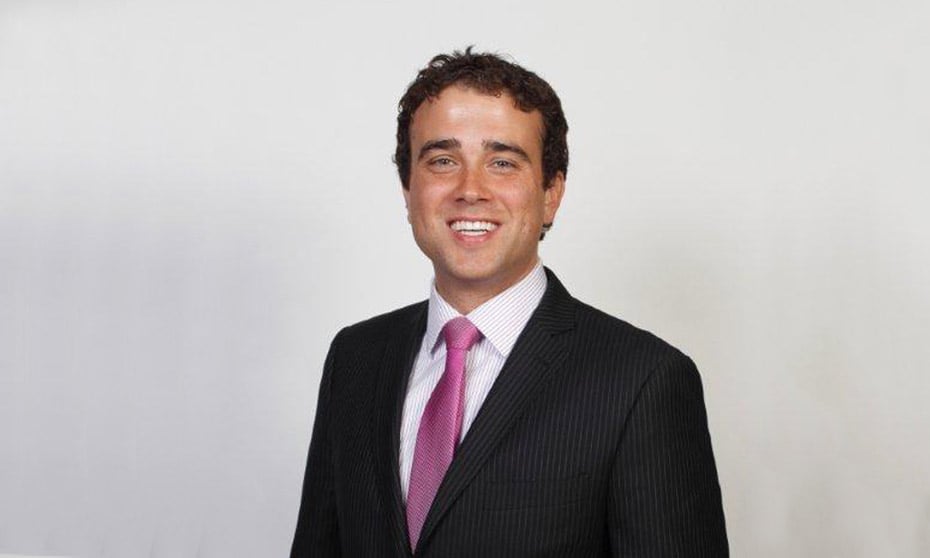
There is a post-incident duty to accommodate, says lawyer

A case involving disability accommodation for a University of Waterloo applicant is a reminder that duty to accommodate can be triggered after the fact, says lawyer Wade Poziomka.
The Sept. 20 Divisional Court decision, Longueépée v. University of Waterloo, 2019 ONSC 5465, allowed Roch Longueépée’s application for judicial review and set aside two decisions by the Human Rights Tribunal of Ontario, sending the matter back to the university’s admissions committee for consideration “consistent” with the court’s decision.
The decision showed the admission process created a discriminatory barrier for a student with a disability and directed the university to develop a fairer admission process, said David Baker, the lawyer who represented Longueépée.
That decision will be appealed, the university announced. Poziomka, a partner at Ross & McBride LLP in Hamilton, Ont., and 1st Vice-President of the Board of Directors of ARCH Disability Law, was not involved in the case, but says he personally thinks the decision has important implications.
For example, Poziomka says, the court “takes it to the next level” in its consideration of what an educational institution must do when considering grades, and also what a second, subsequent institution should consider.
“I think the decision is helpful. It clearly sets out that there is a duty to accommodate — after the fact — in education cases, where a disability that may not be known at that time has impacted somebody’s grades and ability to carry out future educational opportunities,” he says. “It’s interesting because it goes so far as to say, ‘Maybe you don’t consider grades at all.’”
Read more: What is the process of accommodating a person with mental disability?
Without considering grades, there may be few indicators for institutions to consider, so it may require a balancing act on the part of the university, he says. As it stands now, the decision is also a reminder about when the duty to accommodate can be triggered, says Poziomka.
“A lot of lawyers — and clients and employers — take issue with the notion that after something happens, there still may be a duty to accommodate. Whether it’s in the employment or educational context,” he says. “The takeaway with this case is to highlight in the service context with education, there is a post-incident duty to accommodate. It’s not enough to just say, ‘Well, we didn’t know about it at the time, so there’s nothing we can do.’”
Nicholas Pope, an associate lawyer at Hameed Law in Ottawa, says that the decision also addresses an issue that comes up often in the human rights realm: the importance of proving undue hardship. He says a party accused of discrimination must be specific and clear about what alternative accommodations could be made, and what resulting hardship would arise.
If the requirement to accommodate prior discrimination for applicants does become a hardship, universities will need to put forth evidence, he says. But, Pope says, the court also made clear that the scope of the decision isn’t meant to disregard the importance of grades for all applicants.
Another important point raised by the decision how prior discrimination carries through a person’s life, says Pope.
“Human rights law isn’t about intent, it’s about effect,” he says. “Even if someone sn’t planning or wanting to discriminate.”